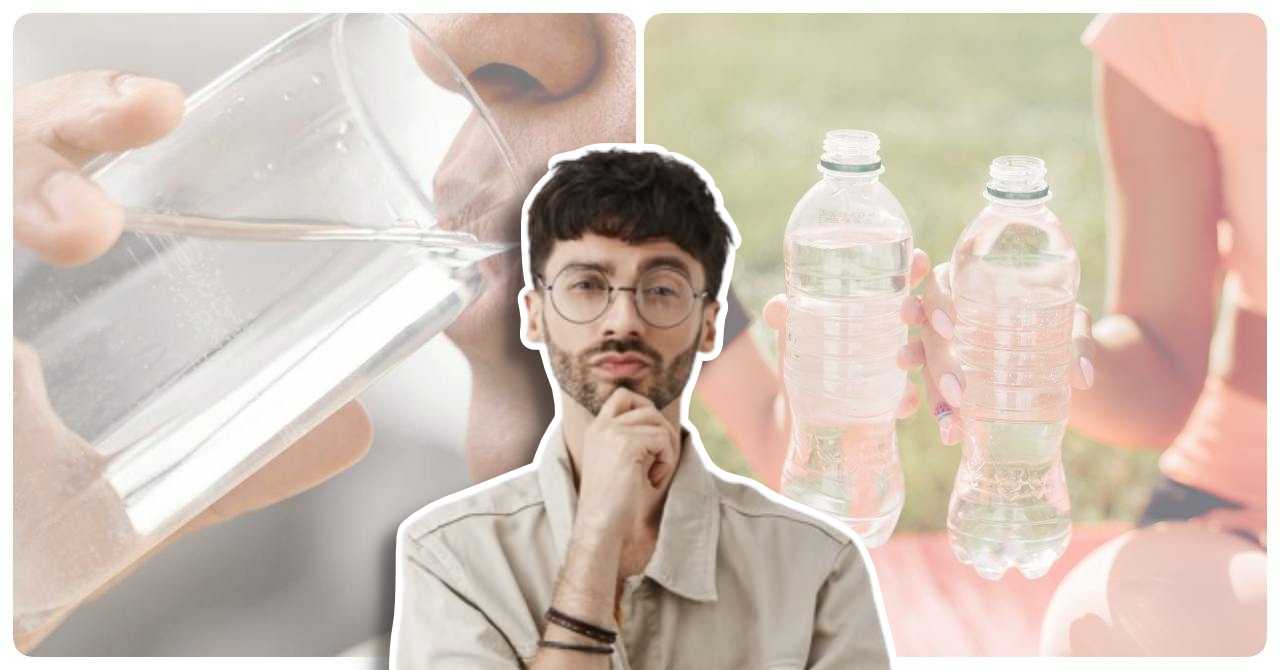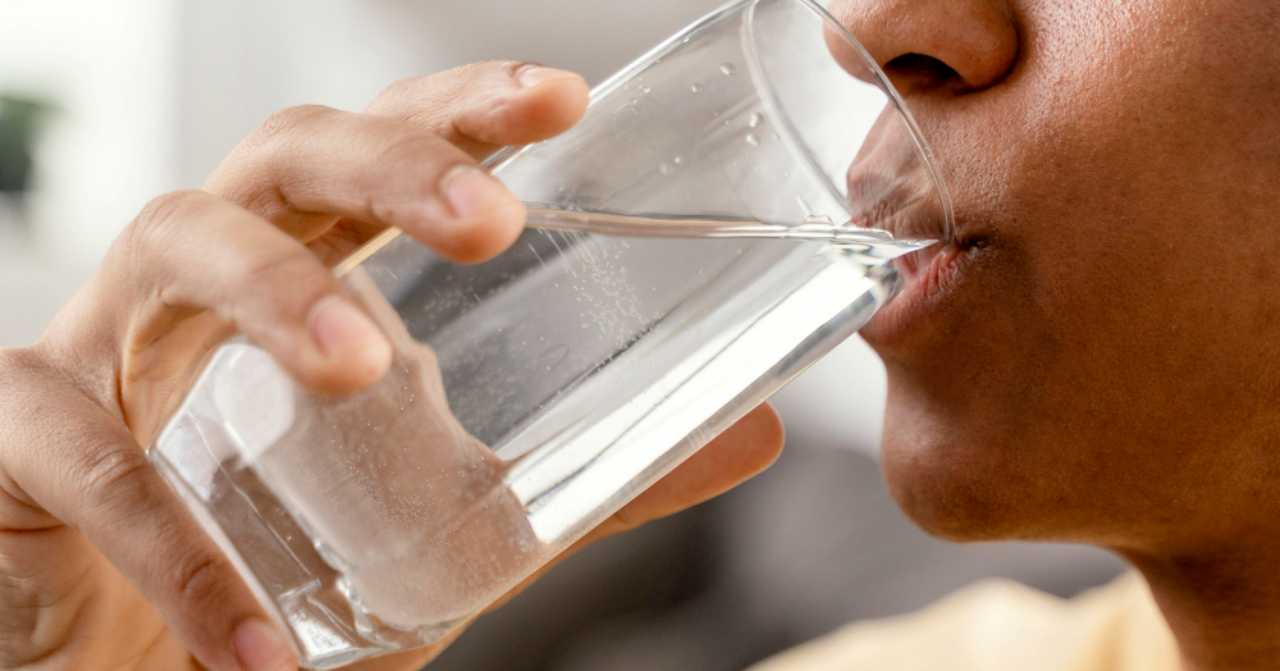If you’ve just moved into or are planning to move into Dubai, one of the essential questions that might cross your mind is, “Can you drink tap water in Dubai?” With its gleaming skyscrapers, luxurious lifestyle, and stunning desert landscapes, Dubai is undoubtedly a captivating city in the United Arab Emirates. However, the topic of tap water safety is crucial for residents and visitors alike.
To address this concern, let us explore the quality of tap water in Dubai, the measures taken to ensure its safety, and alternative options for staying hydrated in this modern metropolis. Whether you’re a newcomer or a curious traveler, understanding the matters of drinking water in Dubai is vital for a comfortable and enjoyable stay in this vibrant city.
Contents
- Water Supply in Dubai
- Tap Water Quality in Dubai
- Is it Safe to Drink Tap Water in Dubai?
- Can I Cook using Tap Water in Dubai?
- Should I Buy Bottled Water in Dubai?
- Tips for Safe Measure
- Is Tap Water Bad for Your Skin and Hair?
- Frequently Asked Questions
- 1. Is tap water in Dubai safe to drink?
- 2. What is the quality of tap water in Dubai?
- 3. Does tap water in Dubai cause hair loss?
- 4. Can tap water in Dubai cause greying of hair?
- 5. How does the chlorine content in Dubai’s tap water affect health?
- 6. What are the alternatives to drinking tap water in Dubai?
- 7. Are there any water purification methods recommended in Dubai?
- 8. Can tourists drink tap water in Dubai?
- Summary

Water Supply in Dubai
Dubai, a desert city with limited natural water sources, relies heavily on desalinated seawater to meet its water needs.
Two primary desalination plants in Jebel Ali and Al Kaffah provide 80 percent of the city’s water supply.
Despite its arid conditions, Dubai has transformed into a thriving global business hub, attracting people from around the world to live and work here.
Over the last century, its population has skyrocketed from a small community of 20,000 to a bustling metropolis of approximately 3 million residents.
Thanks to strategic development near the sea, water accessibility has improved, and Dubai’s efficient planning has ensured a steady water supply without experiencing significant shortages in recent decades.
Tap Water Quality in Dubai
Dubai’s quality of life is comparable to that of developed countries, boasting excellent healthcare, education, and world-class infrastructure. Naturally, one might wonder about the safety of tap water in this modern city.
Dubai Electricity and Water Authority (DEWA) takes charge of managing water, electricity, and cooking gas in the region.
They place a strong emphasis on providing clean and safe drinking water, adhering to the guidelines set by the World Health Organization.
To ensure clean water supply, the process begins with desalination and purification of saltwater through a method called reverse osmosis.
After extracting the water, the remaining brine is returned to the sea. Subsequently, the water undergoes chlorination to eliminate harmful bacteria.
Unlike some places where fluoride is added to tap water for dental health, Dubai does not employ this practice.
However, this does not impact the safety of the water. Some even argue that excessive fluoride consumption can have adverse effects on health.
Once the water is purified, it is delivered to consumers through pipes.
Although these supply pipes could be potential sources of contamination due to breaks or corrosion, the authorities take stringent measures to regularly clean them.
They use biodegradable biocide disinfectants that leave no harmful residue behind.
Here’s a video to learn more about how water is processed in the UAE:
Is it Safe to Drink Tap Water in Dubai?
Dubai’s tap water provided by the supply company is safe to drink, and the city’s water supply infrastructure can handle increased demand.
However, the quality of water in buildings depends on factors like pipe quality and periodic cleaning.
Additionally, the storage tanks can accumulate residues, leading to mold and fungus growth, making the water unsafe to drink for some. Some residents address this by boiling the tap water.
Can I Cook using Tap Water in Dubai?
In Dubai, all the cafes and restaurants rely on tap water for cooking.
Not only is this water completely safe, but it also helps keep food costs down compared to using expensive bottled water, which is 50 times the price of tap water.
While some individuals choose to use bottled water even for cooking, this practice not only increases plastic waste, harming the environment, but it also strains their budgets.
When you cook, the water is heated to eliminate impurities, making tap water a practical and eco-friendly choice that reduces the need for plastic bottles.
If you have doubts about tap water quality, consider installing a water filter, which will prove to be a cost-effective solution in the long term.
Should I Buy Bottled Water in Dubai?
In Dubai, people consume approximately 275 liters of bottled water per year, which is one of the highest rates globally.
There are several reasons for this preference.
First, even though 90% of bottled water comes from tap sources, companies add extra minerals to enhance its taste.
However, using RO (reverse osmosis) to filter water removes all minerals, affecting its flavor.
To address this, a water filter at home can help restore some minerals.
The second reason for favoring bottled water is the convenience and concerns about tap water safety.
Bottled water is easily accessible everywhere, leading people to avoid drinking from the tap.
Moreover, some individuals fear the health effects of tap water, although most of these concerns are unfounded.
Despite strict regulations on bottled water in Dubai, there are still potential safety issues.
After leaving the company facilities, bottled water may be exposed to pollution.
For instance, plastic bottles can be left in high temperatures for extended periods before reaching consumers, leading to a risk of water contamination.
Additionally, reusing plastic bottles can cause harmful chemicals like BPA to seep into the water.
Tips for Safe Measure
- Inquire about Maintenance: If you reside in a private building, ask your landlord about the frequency of water system inspections and cleaning. Regular maintenance is crucial to ensure the water’s safety and quality.
- Test Water Quality: If you are unsure about your facility’s plumbing and water storage, consider testing the water quality. You can use a home test kit or take a sample to a laboratory for analysis. While home test kits may not be as accurate as lab tests, they can still provide valuable insights.
- Consider Filtration: If you have concerns about the tap water quality, installing a filtration system can be a reliable alternative. It helps remove impurities and ensures safer drinking water.
- Be Aware of Salination: Be mindful of the effects of desalination, especially in a region like Dubai, where seawater is used to produce freshwater. The brine returned to the sea can increase the salt content in the Arabian Gulf, impacting marine life.
- Monitor Water Output: Keep an eye on the output of desalination plants. Increased production may lead to higher water salinity, potentially harming marine ecosystems.
By following these tips, you can take proactive measures to ensure the safety of your drinking water in Dubai.
Is Tap Water Bad for Your Skin and Hair?
In Dubai, some people complain that tap water leads to hair loss and greying.
The chlorine in the water can dry the skin and scalp slightly, but the main reason for dryness might be spending too much time indoors with air conditioning, which removes humidity.
Stressful lifestyles can also contribute. However, these effects are reversible and mostly result in frizzy hair.
There’s no proof that tap water causes greying.
Studies show no presence of such chemicals in the water. Greying might be due to genetic factors, vitamin deficiency, or oxidative stress.
Despite this, the market for anti-hair fall shower filters in Dubai is significant. These filters help reduce water hardness to some extent, which can be beneficial.
Frequently Asked Questions
1. Is tap water in Dubai safe to drink?
Concerns about the safety of tap water in Dubai are prevalent. Understanding the quality and measures taken to ensure safety is essential for residents and visitors.
2. What is the quality of tap water in Dubai?
Knowing the overall quality of tap water in Dubai is crucial for making informed decisions about drinking and using it for various purposes.
3. Does tap water in Dubai cause hair loss?
Some individuals claim that tap water in Dubai leads to hair loss. We’ll explore the factors that might contribute to this issue and whether it’s a widespread concern.
4. Can tap water in Dubai cause greying of hair?
Another concern raised is whether tap water in Dubai causes hair to turn grey. We’ll examine the evidence behind this claim and explore alternative reasons for premature greying.
5. How does the chlorine content in Dubai’s tap water affect health?
Chlorine is often used to disinfect water, but excessive amounts can have implications for health. We’ll delve into the impact of chlorine in Dubai’s tap water.
6. What are the alternatives to drinking tap water in Dubai?
For those who prefer not to drink tap water, we’ll explore the various alternative options available in Dubai to stay hydrated safely.
7. Are there any water purification methods recommended in Dubai?
Discover the recommended water purification methods and devices that residents and visitors can use to ensure the safety of their drinking water.
8. Can tourists drink tap water in Dubai?
Tourists visiting Dubai may have specific concerns about tap water safety. We’ll provide insights and tips for tourists regarding tap water consumption.
Summary

In conclusion, when it comes to drinking tap water in Dubai, it’s essential to be informed about the city’s water quality and safety measures.
While Dubai’s tap water is generally considered safe for consumption according to official standards, some residents and visitors may still have concerns about its taste or mineral content.
Understanding the factors that contribute to these perceptions, such as chlorine levels or water hardness, can help individuals make confident choices.
Fortunately, Dubai offers a variety of alternative options for staying hydrated, including bottled water, water filters, and water purification systems.
These choices provide peace of mind for those who prefer additional safety measures or simply want to explore different drinking options.
READ NEXT: 21 Things First-Time Tourists Should Know When Visiting the UAE